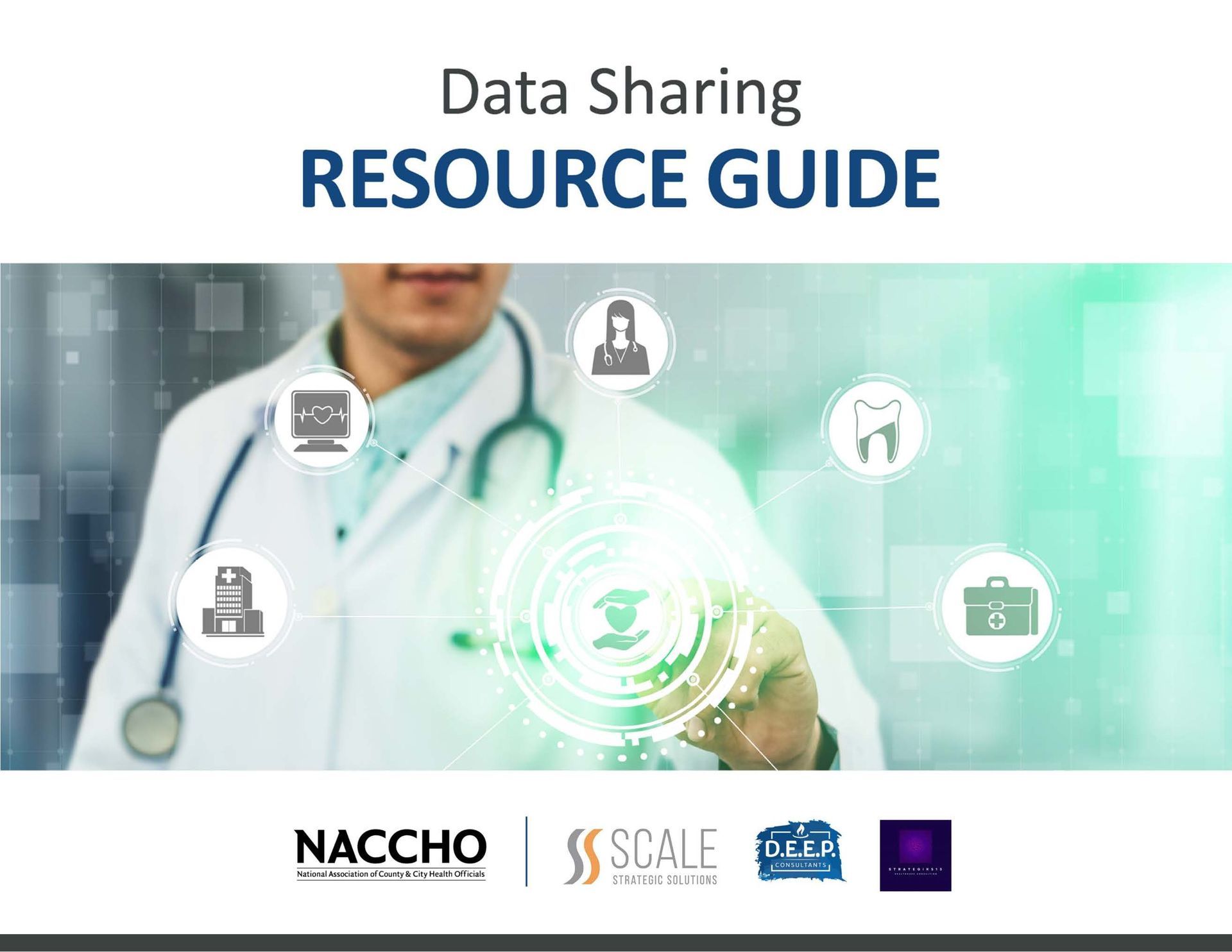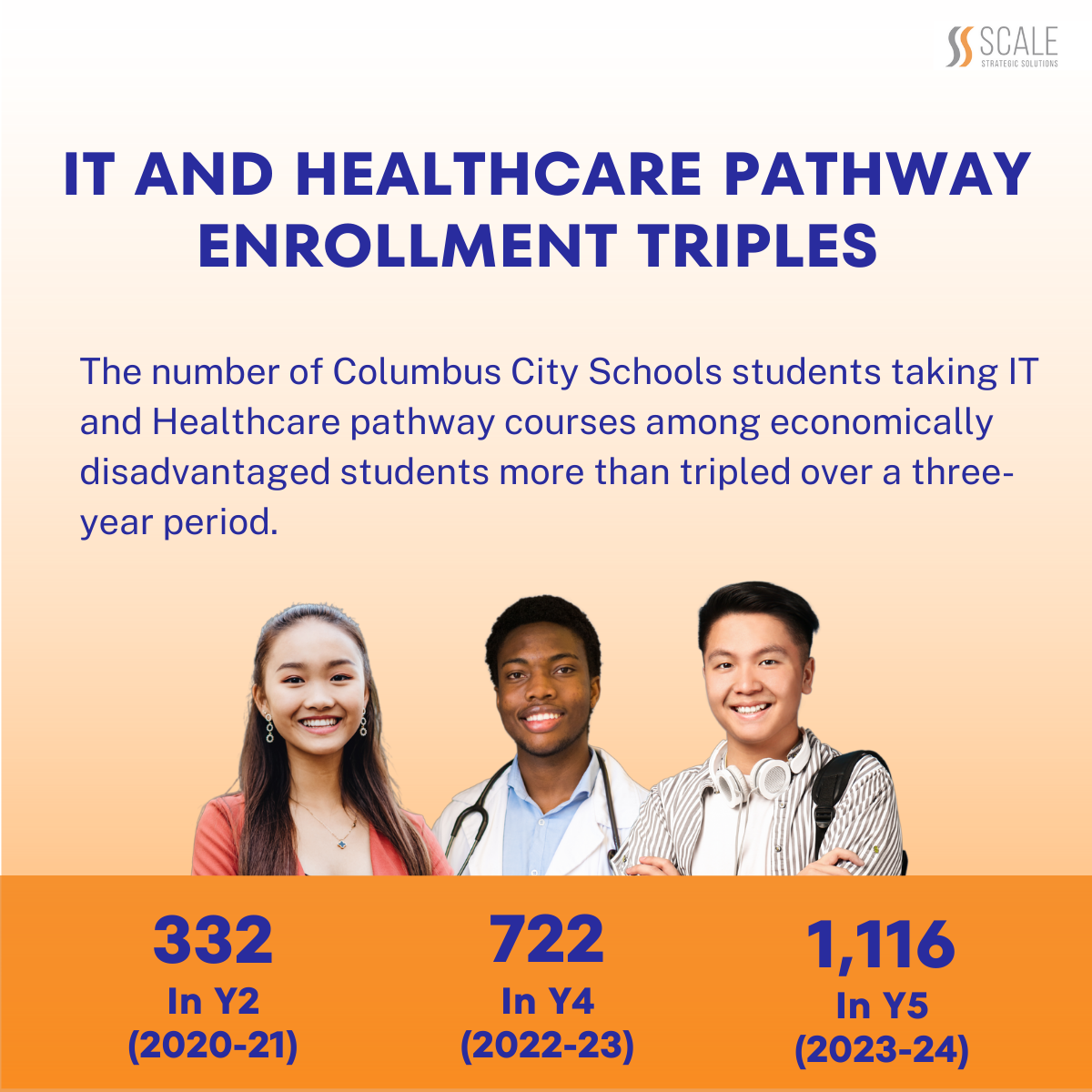Making Good Things Happen
Aligning Generative AI Use to Corporate Values

In last month’s blog, Scale Strategic Solutions shared our learning journey regarding artificial intelligence (AI). In this post, we are sharing how we are intending to use AI, particularly generative AI. Generative AI provides an ability to create new content and brainstorm different ways to edit this content. While the potential is large, it is important, like any other tool, to consider the implications of its use and make sure that it is being used ethically. General considerations we are keeping in mind focus on data quality, privacy, transparency, integrity, and human touch.
Data Quality
AI is trained over a set of data and with an algorithm created by people. This sourcing of data needs to be carefully examined when using AI. Questions to ask are:
- How was the data collected?
- Who collected the data?
- What is the origin of the data collection?
- Who was training the algorithm? Within what parameters?
It is important to consider the quality of the data because otherwise, biases can arise. One example is of an AI recruiting (not generative AI) tool that a national organization was using. The algorithm was trained on data from a 10-year period. Most of the resumes submitted were by men. Because the algorithm tried to match most likely future candidates to past candidates, resumes that mentioned women were rejected or deemed of less quality. Moving forward when using these types of AI, it is important to keep in mind the quality of data and in the creation of algorithms to ensure that the entire AI isn’t biased.
Privacy
Another consideration to keep in mind is the use of private data when training or using AI. Public AI systems like ChatGPT keep the data that is entered into their system. Sharing private data with public AI systems could jeopardize the privacy of the people that provided that data. Likewise, training an AI tool with private data and making AI of public use could violate privacy. To avoid these scenarios, it is important to get the consent of participants that their data will be used to train AI or to interact with ChatGPT. If participants do not grant explicit permission, raw data should not be used in AI tools.
Transparency
Due to the possible bias in AI, it is important to be transparent with audiences about when AI is being used. This can refer to cases where AI is used to create content, deliverables, and products as well as when AI is used to take notes in meetings.
Integrity
Because AI is trained on the work of living people it can produce works that are in a similar style. Due to this, careful consideration should be taken in using works that are similar to existing artists and using those works as one’s own intellectual property without mentioning that it was created by AI.
Human Touch
AI requires a human touch in order to be used ethically. Generative Ai has been known to create mistakes when creating content. The human touch also offers the value add to clients and consumers that separates us from the competition. Everyone has access to AI, not everyone knows how to use it as a value add.
AI at Scale Strategic Solutions
To understand how we should use AI ethically at Scale, we reviewed our core values to create a compass for how we deploy AI. Here are examples of where we determined AI use was a fit with our core values:
- Taking meeting notes when all meeting participants agree to use AI for notes. This is a time saver and can help us keep everyone on track with what was discussed. We do have to review the note summaries and make edits to be most effective.
- Brainstorming survey questions. We can then edit these questions and personalize them to projects. This saves us a lot of brainstorming time and allows us to jump into executing research more quickly.
- Learning more about complex subjects. As we move into different fields and add new team members, we are constantly needing to learn new things, ChatGPT does a great job at finding sources online and then explaining it in a variety of ways that make it easier to understand. It can be one source to complement other resources to learn about a field.
- Drafting marketing or media posts. One aspect of generative AI is the large database that it has to create unique content from. In this way the creation of social media posts can be first brainstormed through AI applications through precise directions. We can then edit to add the personal touch.
Here are examples of where we thought AI did not align with our values:
- Using AI only to create a report is practical, but it is not meticulous, resourceful, strategic, or done with love.
- Sending AI-generated emails without review of content is resourceful and practical, but not meticulous, strategic, or done with love.
- AI analysis of interview or focus group transcripts does not align with any of our values and would violate privacy of study participants.
What do you think? How are you using AI?
We’d like to hear from you, our readers, about AI:
- What are your concerns? What are your doubts?
- Have you started implementing AI at work? How? What type?
- How do you see AI being implemented in the world of program evaluation?
- What about using AI in organizational development and training?
Feel free to enter a comment to our post.











